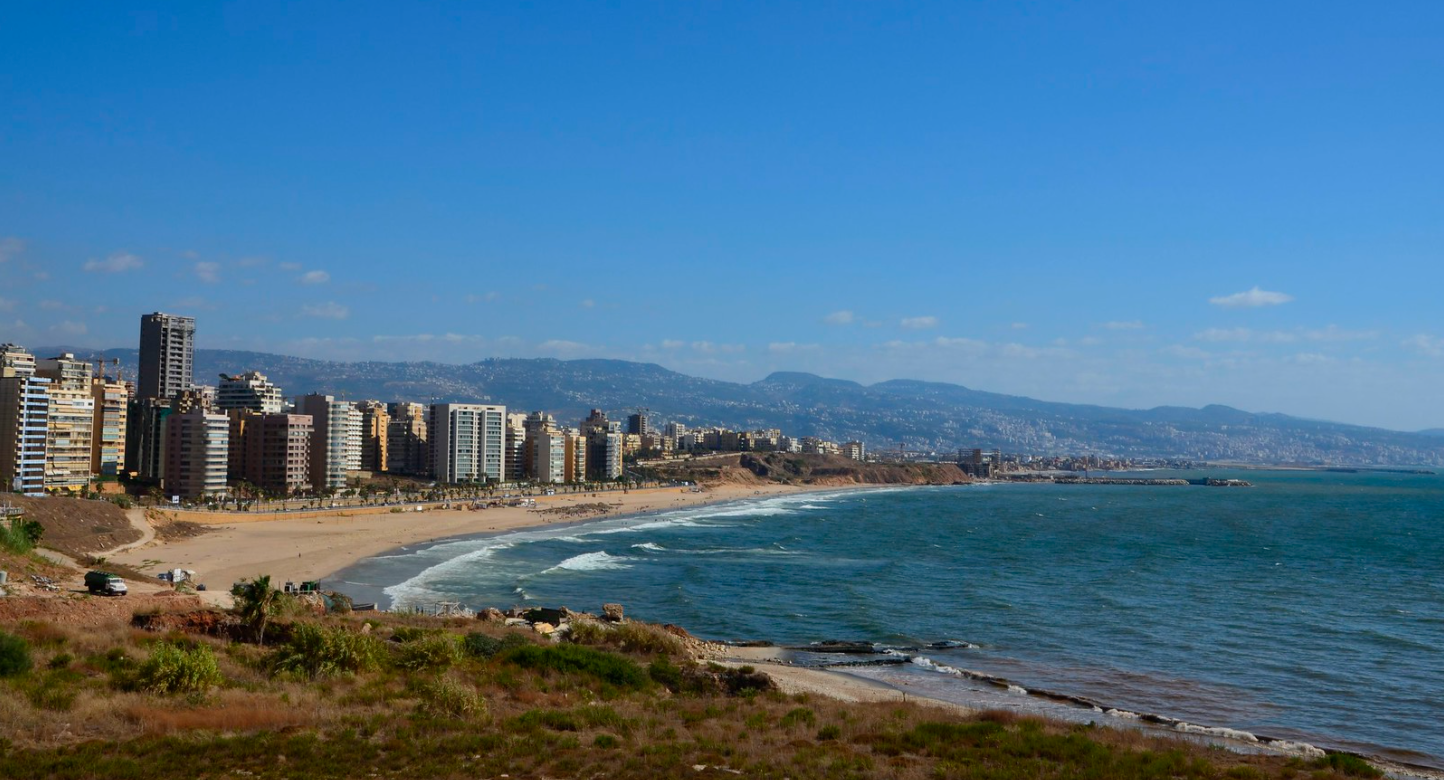Lebanon’s prime minister and ministers of defense and public works signed a draft decree to add over 1,400 km2 of maritime territory in the eastern Mediterranean also claimed by Israel. The document still needs government approval. The two countries are claiming potentially gas-rich territory.
The 12th of April, Lebanese prime minister, Hassan Diab, and ministers Michel Najjar (public works) and Zeina Acar (defense) signed off a draft decree reevaluating the lebanese maritime frontier. The decree has yet to obtain government approval to submit new coordinates to the United Nations.
On the 13rd of April, Lebanon’s president Michel Aoun rejected to grant it swift approval stating the decree needed to be agreed upon by the caretaker government. According to the Courrier International, the amendment would add 1,430 km2 (550 square miles) of maritime territory Lebanon claimed in its original submission to the United Nations.
The claim increases tensions between the two countries. Israel’s Minister of Energy, Yuval Steinitz, officially stated his response: “Unilateral Lebanese measures will, of course, be answered with parallel measures by Israel”.
A dispute to own potential gas-rich offshore fields.
Negotiations between the two countries started in October as a completion of three years of diplomacy by the United Nations, but have been halted in December. Ever since, Lebanon and Israel have been disputing maritime frontier for major hydrocarbon exploration.
The new maritime frontier claimed by Lebanon reaches potential gas-rich surfaces in the eastern Mediterranean Israel considers to belong to its exclusive economic zone. The country already owns major offshore fields but Lebanon has yet to discover hydrocarbon reserves in its waters, according to Reuters. In the middle of its worst financial crisis since 1975-1990 civil war, Lebanon is desperate for any economic resources to restabilize the state of the country.
Source : Courrier International, Reuters, The Times of Israel











Réagissez à cet article